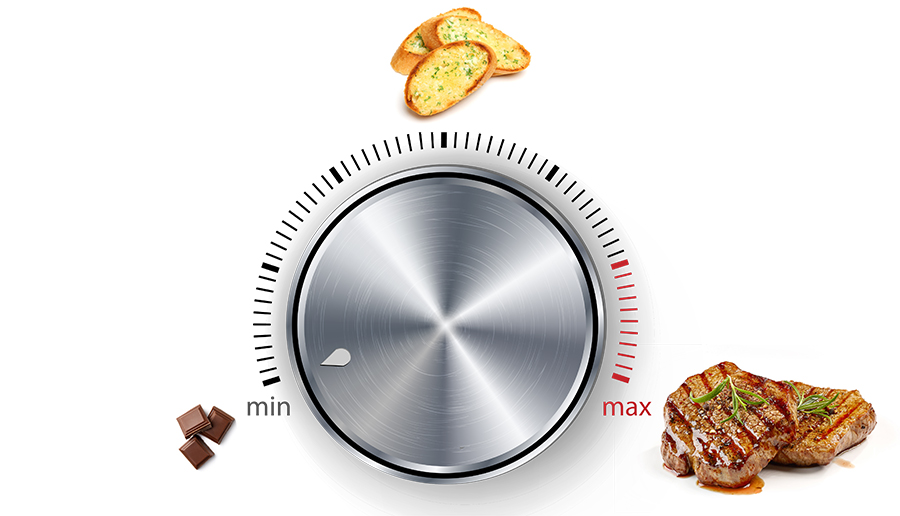Turn up the volume on the volumetrics diet
Focus on the food, not the calories.
Story: Joy Stephenson-Laws
I don’t like the concept of “going on a diet.” This suggests something temporary! In fact, my concept of dieting is dying by avoiding food. We need to eat to live, and we live healthily by eating healthily. Healthy eating is a lifelong commitment. Some diets don’t even stress healthy foods, like fruits and vegetables, but insist on watching calories. For example, you can have that chocolate cake as long as you don’t go over 1,200 calories in a day. Diets like these will leave you feeling deprived and hungry because they neglect the fact that you need to fuel your body with essential nutrients.
However, I can get behind is the volumetrics diet—a diet that focuses on what you eat instead of calories ingested.
What if you essentially didn’t have to worry about calories?
This diet is all about low-calorie, high-volume eating. The more low-calorie density foods on your plate, the less you have to worry about eating too many calories. This results in being able to eat more food and feeling fuller.
As an example, a cup of penne pasta has 352 calories, but several cups of mixed greens carries no worry about calories. You can also add cucumber, celery, and green peppers
Without having to worry about calories. You would feel fuller if you had a chicken breast with the greens and cucumber as opposed to a chicken breast with pasta. In addition add a cup of berries for dessert with the first meal.
It’s all about focusing on food quality instead of food quantity.
With the volumetrics diet, you give your body the nutrient-dense foods that it needs.
This does not mean moderation goes out the window. Fruit contains a lot of sugar, so don’t eat unlimited amounts. But it does mean you can eat more, because you are eating healthily.
Which do you think is going to make you feel fuller for a longer period of time?
“Low energy density foods contain more water, protein and fiber, and result in bigger portion sizes when compared to higher energy density foods, and have the effect of reducing hunger pangs,” according to a study that found people who ate low energy density meals consumed on average around 1,000 fewer calories a day.
The study involved female participants who limited themselves to 1,400 calories a day.
To be clear, if you were to follow the low energy density meal plan you may also not exceed 1,400 calories a day, but the you eat more food and feel more satisfied.
“Gram for gram, low-energy dense foods contain fewer calories than high-energy density foods, so people are able to eat a larger volume of food for the same (or lower) calorie intake, leading them to feel much fuller.”
The women on the diet with low-energy density foods were more likely to lose “clinically significant amounts of weight” (more than 5 percent of their body weight).
Another study indicates choosing healthier foods rather than trying to eat less is better when trying to lose weight. The study found that people eat more as portion sizes increase; however, people trained in healthy eating and how to manage food proportions choose healthier foods and, as a result, eat fewer calories.
“All the groups were served the same meals, but their food choices differed. The participants who went through the training consumed more of the lower calorie-dense foods [like salad] and less of the higher calorie-dense foods [like garlic bread] than the untrained controls,” said one of the leads on the study.
“Consequently, trained participant’s calorie intake was less than the control groups, whose intake didn’t differ by weight status.”
I am not saying you have to completely give up some of your favorite foods. We all deserve the occasional treat or cheat meal. But when it comes to losing weight, restriction is not necessarily the best method. Think about healthy foods you can add to your diet as opposed to what you can’t have. You may find that you actually prefer this method of eating and feel much better. Always remember to talk to your physician first.
Enjoy your healthy life!
About the writer
Joy Stephenson-Laws is the founder of Proactive Health Labs, a national nonprofit health information company that provides education and tools needed to achieve optimal health. Her most recent book is “Minerals—The Forgotten Nutrient: Your Secret Weapon for Getting and Staying Healthy.”

